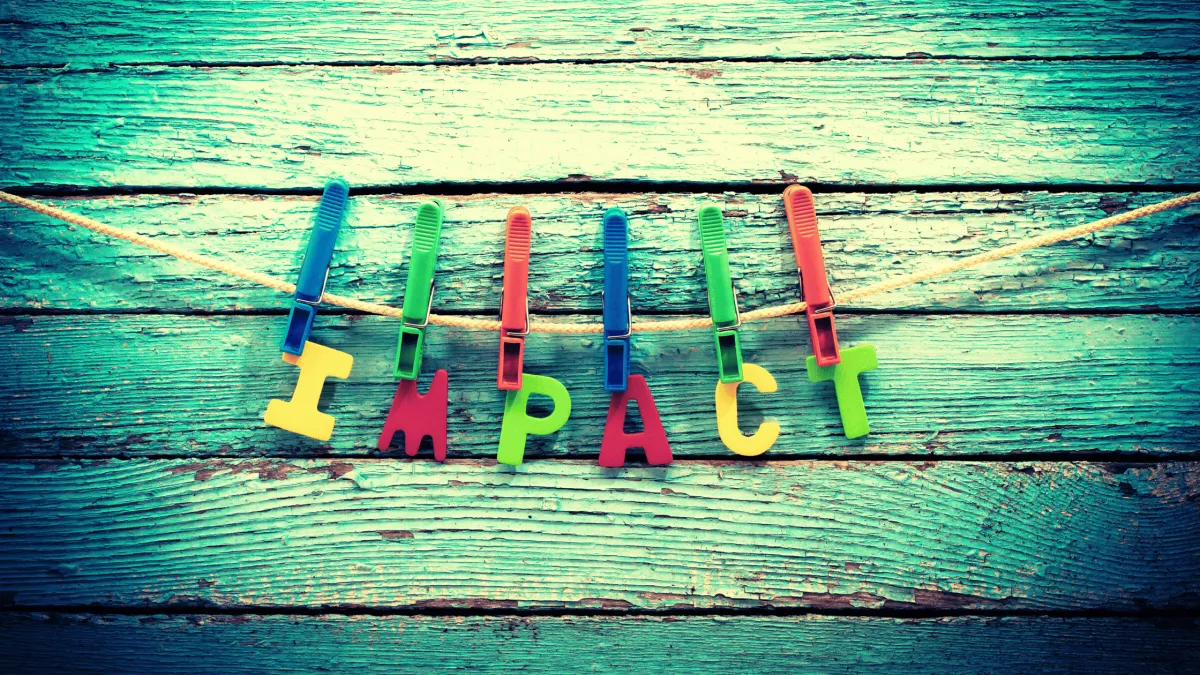
005 | When Purpose Becomes a Liability: How the Social Justice Trap Is Undermining Startup Growth
It’s a noble vision: lead with purpose, build around a cause, and change the world. But what if your mission-driven brand becomes the very reason you struggle to scale?
Too many founders launch with a “make a difference” mindset—then act shocked when the math doesn’t math. They focus on messaging, movement, and moral high ground, but neglect the operational engine that keeps the lights on. The result? Burnout, broken budgets, and businesses that never grow beyond intention.
Your brand isn’t a charity—stop acting like it.
Startups that mimic nonprofit language without revenue clarity signal red flags to investors, customers, and even their own teams. The most common response to their pitch? A painfully simple question:
“Great. But how do you make money?”
Valerie Cobb says it bluntly: “Great, but how do you pay your bills?” That’s not snark—it’s survival strategy.
Mission Without Monetization = Martyrdom
It’s one thing to build a company with heart. It’s another to treat profit like it’s shameful. Many founders, especially those coming from social impact or nonprofit sectors, adopt what’s known as a poverty mindset—an internalized belief that sacrifice signals virtue, and profitability somehow taints purpose.
A 2023 study by the Stanford Social Innovation Review found that over 60% of nonprofits suffer from chronic underfunding, largely due to “cultural norms that prioritize modesty over ambition”.
Translation: founders are self-sabotaging.
When companies prioritize mission without monetization, they unknowingly set themselves up for scarcity. And when they are nonprofits, it gets even more dangerous. Melanie explains, “Nonprofits often operate with a poverty mindset. But the more money you make, the more people you can help. That’s how you scale your mission.”
True impact doesn’t mean working for free. Even nonprofits need salaries, software, and systems. If you can’t fund operations, your cause becomes your constraint.
“You’re not helping the world if you can’t keep your lights on,” Melanie adds. “Purpose without profit isn’t noble—it’s unsustainable.”
Social Justice Branding Without Structure is a Trap
Founders who wrap their entire brand around social causes—DEI, climate, education, mental health—often over-identify with the issue and under-develop the infrastructure.
This creates what Valerie calls the “identity trap”: “You become the brand. You become the cause. And when that cause gets questioned, your entire business gets shaken.”
Mission-based branding can build connection—but only when it’s backed by strategy. Otherwise, it’s easy to become reactive, performative, or diluted by the latest trend.
Yes, values matter. But values without value creation are just slogans. If you don’t have a plan to generate sustainable revenue, your mission becomes a liability, not a legacy.
Influencers Aren’t Thought Leaders—Stop Pretending They Are, Especially Now
If there's one modern myth Melanie’s eager to dismantle, it’s the glorification of influencers.
There’s also a dangerous crossover between purpose-driven branding and influencer culture. Founders mistake visibility for traction, confusing likes with leads and followers with financial stability.
In one client case, a $5,000 influencer campaign delivered two low-value leads and zero conversion. But the real cost? A diluted brand association and lost trust.
“You can’t hire an influencer to keep your lights on,” Valerie says. “If your ROI is two leads and a bruised brand, that’s not marketing—it’s charity.”
As influencer marketing grows more saturated and scandal-prone, companies are pivoting to in-house creators, brand mascots, and customer-turned-advocates—tactics that build trust from the inside out.
Worse still, when an influencer missteps, the brand pays the price.
Passion-Only Founders Burn Out Fast
Even for founders who don’t identify as influencers, there’s another trap: passion.
Passion is a powerful start—but a terrible plan. Founders who rely solely on passion often bypass critical business functions like sales, forecasting, and operational clarity. They build messaging but skip monetization.
“Lift and elevate is my motto,” Valerie shares. “But you can’t lift others when you’re operating from a scarcity mindset.”
And when things get hard—and they always do—passion burns out. Process, on the other hand, keeps going.
Being broke with a purpose won’t keep you in business. And burnout is real when passion is your only fuel.
Actionable Insights for Founders: How You Can Do Good and Do Business
It’s time to reframe purpose. It’s not an either/or between impact and income—it’s both, by design. Here’s how to anchor your mission without sinking your business:
Stop separating “doing good” from “doing business.” You can—and must—do both.
Adopt a revenue-first mindset, even in a nonprofit. Mission doesn’t exempt you from margin.
Audit your influencer partnerships. If they don’t drive qualified leads or sales, they’re just vanity.
Avoid the “poverty mindset.” You can’t scale service from scarcity.
Lead with clarity, not chaos. Your belief system needs a business model to survive.
“You can be purpose-driven and profit-savvy,” Melanie says. “In fact, that’s the only way to scale meaningful change.” Because broke founders don’t change the world.
Funded ones do.